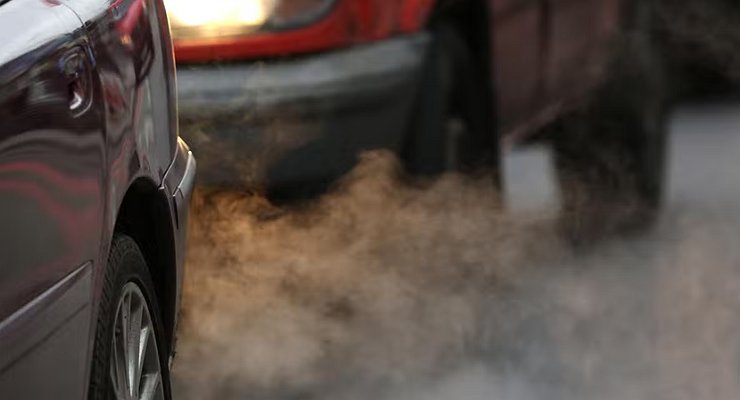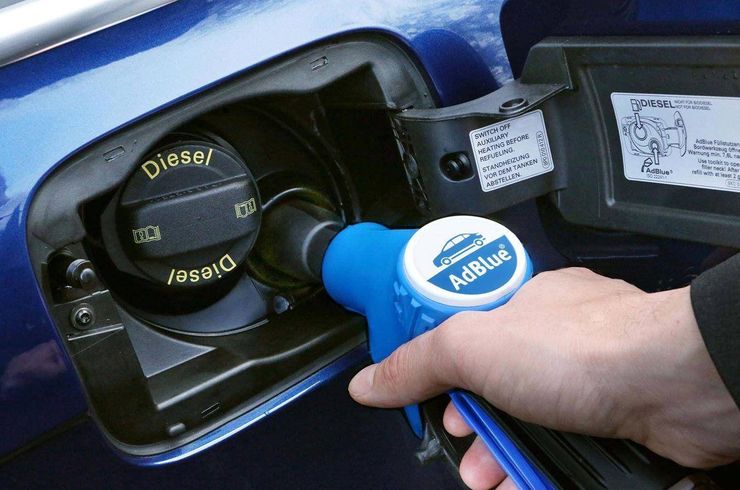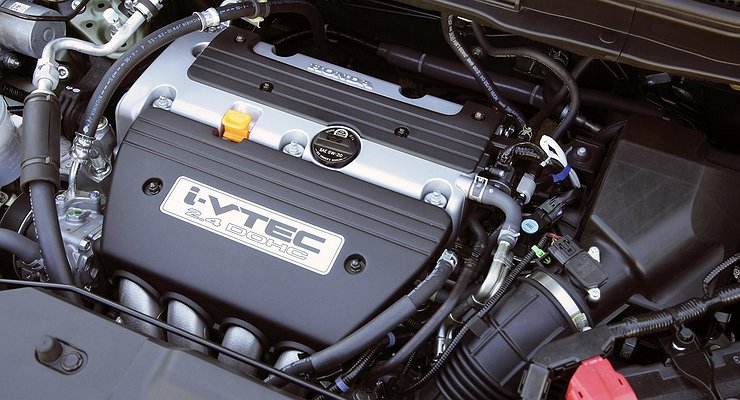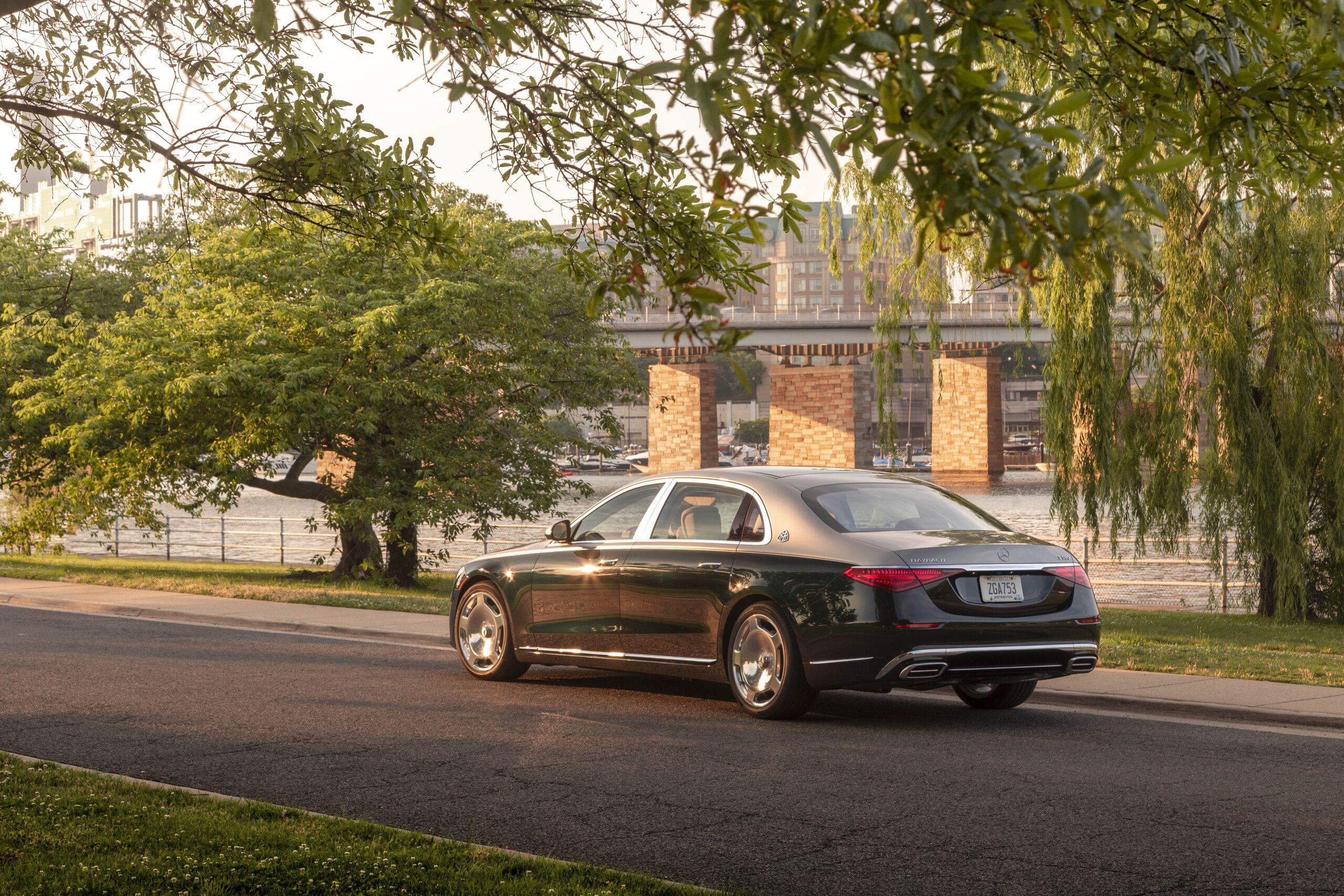The parallel import is running at full speed and delivers dozens of trucks with European second-hand vehicles to Russia every week. The lion’s share of that is diesel, as the transport tax, fuel consumption and torque are tangible arguments for the Russians. However, there is a small nuance that many have not thought of. But in vain. Details are on the AvtoVzglyad portal.
A diesel car is convenient and practical. Gone are the days when a heavy-fuel engine roared like a tractor and was installed exclusively on trucks and heavy equipment, today diesel is fuel not only for commercial vehicles, but also for premium cars: less consumption, more torque, lower load, and in the cabin – silence and comfort.
However, according to European manufacturers, the diesel engine has a weak spot – ecology. He smokes, the bastard, like a coal-fired thermal power plant, which is why for Old World use he is surrounded by several systems that clean the exhaust. The most popular and common of these is the injection of AdBlue urea into the exhaust system, which reduces the nitrogen oxide content.
The trick is that the owner of a diesel car equipped with such an installation has to keep a close eye on the amount of AdBlue in a special tank. When the amount of urea reaches the minimum level, the speed is electronically limited, and when the machine is fully developed, it does not even start. Of course, the system has already been taught to turn off, but it’s hard to believe that the car owner with “operation” will get into a newly purchased Mercedes or Audi. But apparently it will.
After all, the automotive system is “ground” for a specialized licensed composition AUS 32 that complies with the international standard. And it is being produced in factories in Europe, which will have every chance to shut down in the coming days. The point is, of course, the sharp rise in gas prices, which is directly related to the reduction in the latter’s supply. For example, Germany’s largest ammonia and urea producer SKW Piesteritz has bluntly stated that its stocks are at a minimum level: “We are emptying our AdBlue stocks because we no longer produce it.”
We have nothing to do with the German economy, but the wave of this tsunami will also reach the Russian consumer: firstly, the price of goods will rise sharply and counterfeit goods will appear in stores en masse, the effect of which is unknown how it affects the expensive and difficult to repair installation. And then the shortage starts completely with all its consequences: thousands of cars are simply no longer able to drive because of an empty AdBlue tank.
Trying your luck and hoping for success isn’t worth it: a diesel car equipped with a urea injection system doesn’t use that much AdBlue. Usually the stock is replenished once a year at an authorized dealer during maintenance and the tank itself is large enough. Simply put, today it is worth thinking about replenishing supplies and stocking up on a few cans of “slurry” in the country, so that later you do not get into trouble – this will certainly be enough for a few years standard passenger car operation. But trucks have a serious problem: either in Russia there will be a specialist who can make an analogue “on the knee”, or massively “uproot it”. There is no third.
A diesel car is convenient and practical. Gone are the days when a heavy-fuel engine roared like a tractor and was installed exclusively on trucks and heavy equipment, today diesel is fuel not only for commercial vehicles, but also for premium cars: less consumption, more torque, lower load, and in the cabin – silence and comfort.
However, according to European manufacturers, the diesel engine has a weak spot – ecology. He smokes, the bastard, like a coal-fired thermal power plant, which is why for Old World use he is surrounded by several systems that clean the exhaust. The most popular and common of these is the injection of AdBlue urea into the exhaust system, which reduces the nitrogen oxide content.
The trick is that the owner of a diesel car equipped with such an installation has to keep a close eye on the amount of AdBlue in a special tank. When the amount of urea reaches the minimum level, the speed is electronically limited, and when the machine is fully developed, it does not even start. Of course, the system has already been taught to turn off, but it’s hard to believe that the car owner with “operation” will get into a newly purchased Mercedes or Audi. But apparently it will.
After all, the automotive system is “ground” for a specialized licensed composition AUS 32 that complies with the international standard. And it is being produced in factories in Europe, which will have every chance to shut down in the coming days. The point is, of course, the sharp rise in gas prices, which is directly related to the reduction in the latter’s supply. For example, Germany’s largest ammonia and urea producer SKW Piesteritz has bluntly stated that its stocks are at a minimum level: “We are emptying our AdBlue stocks because we no longer produce it.”
We have nothing to do with the German economy, but the wave of this tsunami will also reach the Russian consumer: firstly, the price of goods will rise sharply and counterfeit goods will appear in stores en masse, the effect of which is unknown how it affects the expensive and difficult to repair installation. And then the shortage starts completely with all its consequences: thousands of cars are simply no longer able to drive because of an empty AdBlue tank.
Trying your luck and hoping for success isn’t worth it: a diesel car equipped with a urea injection system doesn’t use that much AdBlue. Usually the stock is replenished once a year at an authorized dealer during maintenance and the tank itself is large enough. Simply put, today it is worth thinking about replenishing supplies and stocking up on a few cans of “slurry” in the country, so that later you do not get into trouble – this will certainly be enough for a few years standard passenger car operation. But trucks have a serious problem: either in Russia there will be a specialist who can make an analogue “on the knee”, or massively “uproot it”. There is no third.
Source: Avto Vzglyad
I’m Sandra Torres, a passionate journalist and content creator. My specialty lies in covering the latest gadgets, trends and tech news for Div Bracket. With over 5 years of experience as a professional writer, I have built up an impressive portfolio of published works that showcase my expertise in this field.














